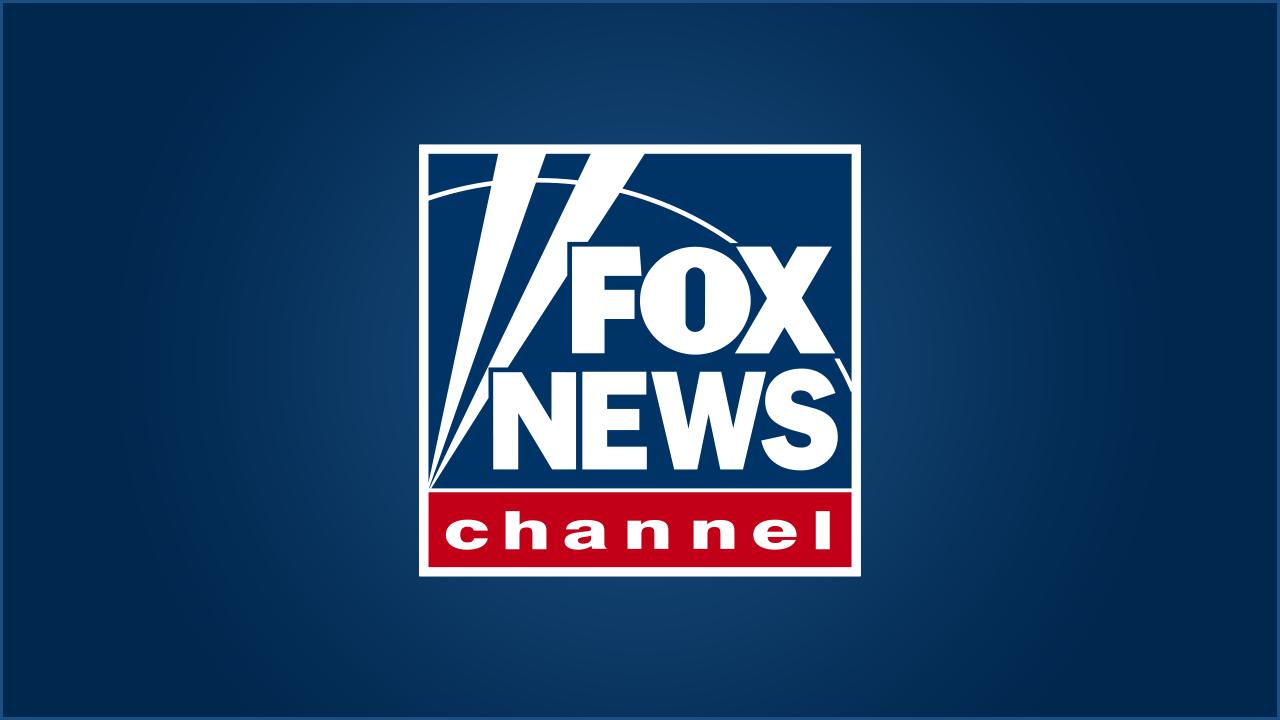Midterm elections hold big stakes for US economy as headwinds grow
Tax changes, recession response on the table in high-stakes midterm election
The midterm elections on Tuesday come at a pivotal time for the U.S. economy as it faces an increasingly grim outlook amid stubbornly high inflation and the increased likelihood of a recession this year or next.
Voters who are feeling the string of consumer prices that are still running near a 40-year high will cast their ballots to determine which party controls the House and the Senate, and the winners will be almost immediately confronted by an ailing economy besieged by rampant inflation and rapidly rising interest rates.
But the next Congress, which will not convene until January, will also have the power to shape the economy with fiscal policy.
Here is a close look at some of the issues that experts are paying close attention to as they await the results from Tuesday's elections.
2022 MIDTERM ELECTIONS: LIVE UPDATES
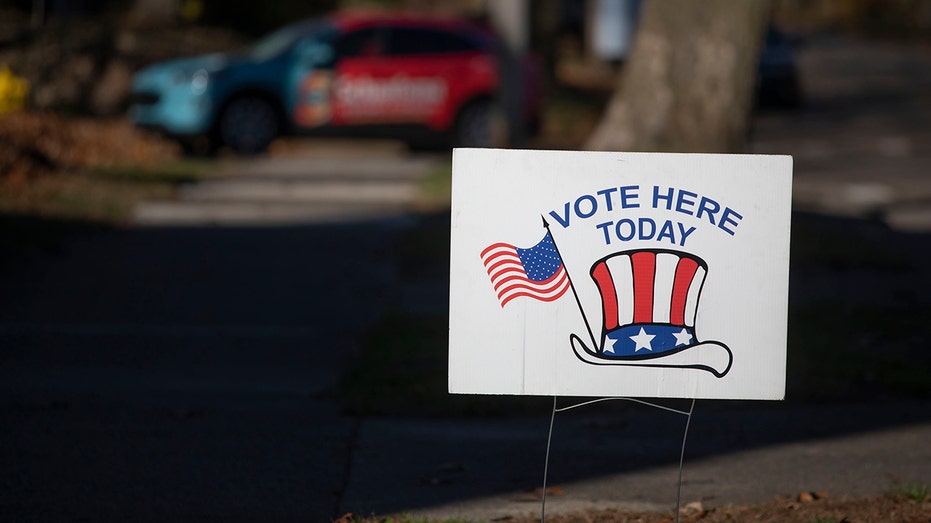
A sign denotes a polling location on election day on Nov. 8, 2022 in Grand Rapids, Michigan. (Bill Pugliano/Getty Images / Getty Images)
Tax changes
Both parties are promising to enact major tax changes if they win control of both chambers of Congress.
Republican lawmakers are gearing up to extend key parts of former President Trump's tax overhaul, and President Biden remains intent on pushing through his tax-hike plan to raise levies on corporations and wealthy Americans and implement a global minimum tax. If the GOP seizes control of the House and Senate, Biden's plan will be stopped in its track.
"The prospects for significant tax legislation beyond this year are almost entirely dependent on the election outcome," said John Gimigliano, head of legislative affairs at KPMG.
Should the GOP regain control of both chambers of Congress, they have indicated that a top economic priority would be enshrining key parts of the 2017 Tax Cuts and Jobs Act into law. That $1.2 trillion tax overhaul — the largest since Ronald Reagan occupied the Oval Office — slashed the top individual tax rate to 37% until 2025 and permanently cut the corporate tax rate from 35% to 21%.
House Minority Leader Kevin McCarthy confirmed during an interview with FOX Business' Larry Kudlow last month that Republicans want to "lock in those tax cuts that we got, that we've got to pass in the next couple of years to make that happen as well."
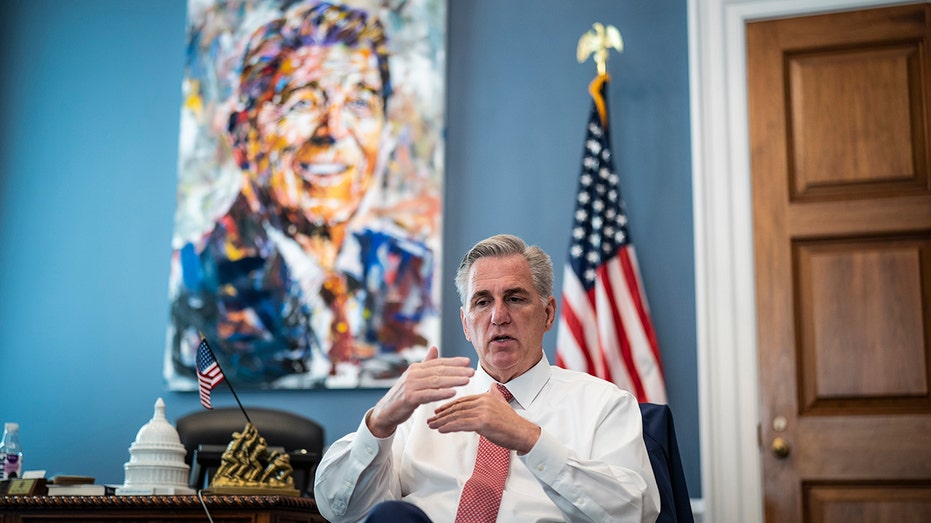
House Minority leader Kevin McCarthy, R-Calif., meets in his office with former House Speaker Newt Gingrich, and Kellyanne Conway, former Trump White House advisor on Sept 22, 2022 in Washington, DC. (Jabin Botsford/The Washington Post via Getty Images / Getty Images)
Still, unless Republicans win a 60-plus seat majority in the Senate — an unlikely occurrence — they would need to recruit several Democrats in order to avoid a filibuster and pass the measure in order to force President Biden's hand
Debt limit
Congress will need to raise or suspend the federal borrowing limit at some point in 2023 in order to avoid a first-ever default on the national debt.
MIDTERM ELECTIONS COULD BRING HIGHER TAXES IN SOME STATES: WHAT VOTERS NEED TO KNOW
The U.S. Treasury is expected to reach its mandated $31.4 trillion borrowing limit some time next year; should Republicans win control of either chamber of Congress, they could use the debt ceiling as an opportunity to restrain Biden and Democrats' spending initiatives.
Still, it is possible that Republicans and Democrats work together on a bipartisan bill to avert a shutdown and raise the debt ceiling.
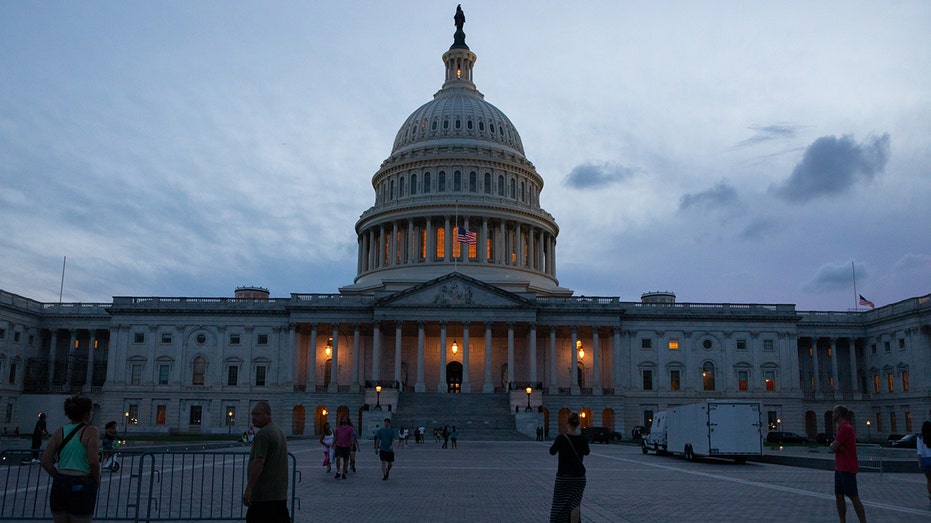
The U.S. Capitol building is seen on the evening of Aug. 6, 2022 in Washington, DC. (Anna Rose Layden/Getty Images / Getty Images)
"We know that neither party wants a government shutdown in December, so there will have to be a moving bill with funding within," Gimigliano, a former GOP House aide, said.
The Federal Reserve
The Federal Reserve has largely acted with impunity this year as it raises interest rates at the fastest pace ind decades, but could draw more scrutiny from lawmakers next year as it struggles to rein in runaway inflation.
Democrats led by Sen. Elizabeth Warren, D-Mass., have already raised concerns about the higher interest rates, warning of impending job losses as a result of the tighter monetary policy.
"We are writing to express concern and request additional information about the implications of the Federal Reserve’s (Fed’s) most recent economic projections, its intention to continue raising interest rates at an alarming pace, and your disturbing warning to American families that they should expect ‘pain’ over the coming months," Democratic lawmakers wrote in a letter to Chairman Jerome Powell last week.
VOTERS HEAD TO THE POLLS AS PAINFULLY HIGH INFLATION WEIGHS ON AMERICANS
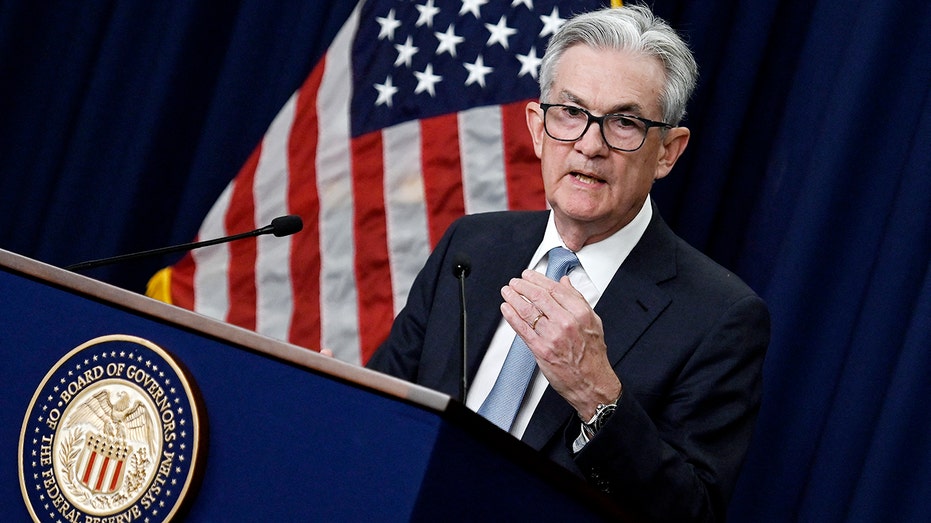
US Federal Reserve Chair Jerome Powell speaks during a news conference on interest rates, the economy and monetary policy actions, at the Federal Reserve Building in Washington, DC, June 15, 2022. (OLIVIER DOULIERY/AFP via Getty Images / Getty Images)
Republicans are also ramping up their criticism of the U.S. central bank: Sen. Pat Toomey, R-Pa., asked Powell last week to refrain from buying government bonds if market conditions remain subdued.
WIth the economy teetering on the brink of a recession even as inflation hovers near a 40-year high, expect lawmakers on both sides of the political aisle to ramp up their oversight of the Fed.
U.S. recession
The Fed has already raised interest rates six straight times this year, putting the benchmark federal funds rate well into restrictive territory. Policymakers intent on wrangling inflation under control have shown no sign of slowing down.
But the rapid tightening of monetary policy has raised the specter of when — not if — the U.S. will tumble into a recession. Most economists are bracing for a downturn either at the end of 2022 or the beginning of 2023.
GET FOX BUSINESS ON THE GO BY CLICKING HER
Should Democrats maintain control of the House and the Senate, expect the recession response at the federal level to include more spending initiatives like stimulus checks or other types of financial aid, according to Goldman Sachs economists. On the other hand, if Republicans take control, they would be more likely to avoid costly relief packages.





















